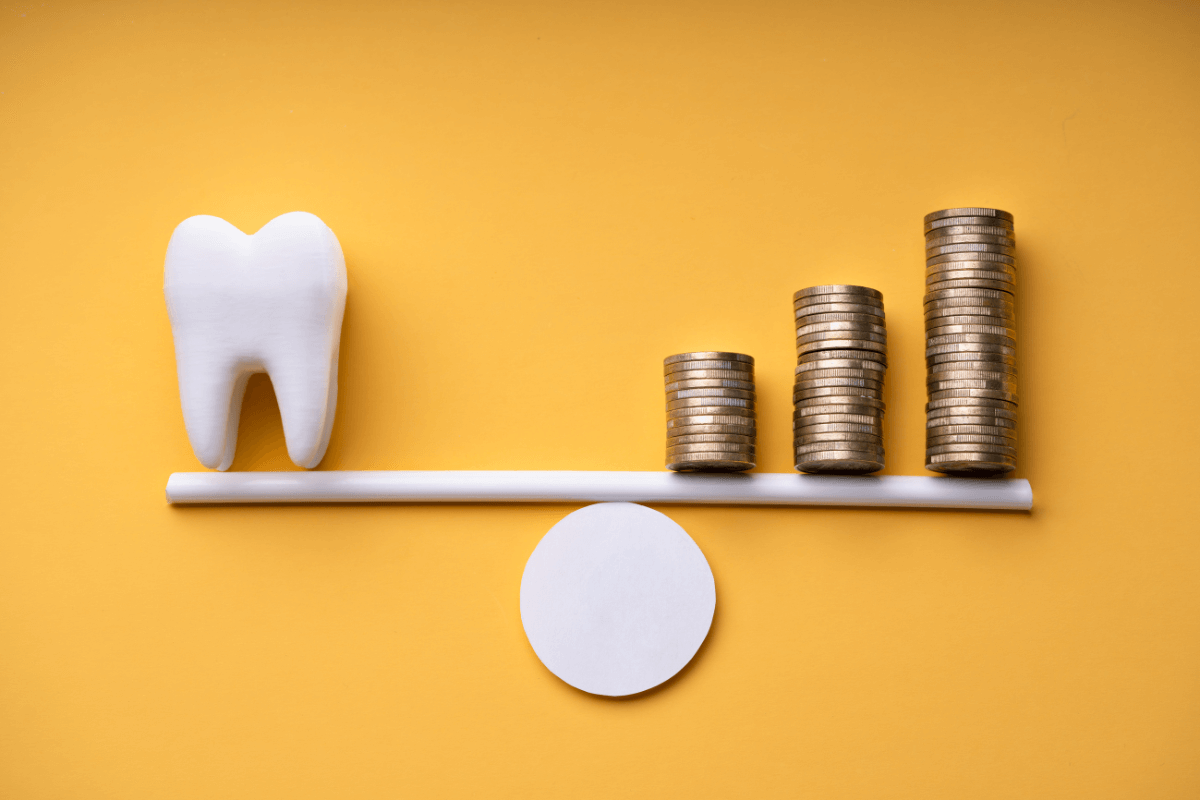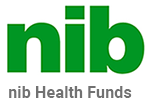
Taking care of your teeth is really important for your overall health, but some people always give priority to the thought about the cost of going to the dentist rather than thinking about how it is going to empower their oral health.
This article will cover the points that help such people understand why dental care costs and what it does. We'll talk about why going to the dentist is a smart idea and all the things that affect how much it costs.
So, let’s check it out.
The Significance of Regular Dental Check-ups
The cornerstone of a healthy smile is regular dental checkups. These appointments aim to prevent small oral issues from becoming complicated and expensive dental problems. They are more than just routine chores.
Dental experts use routine checkups as important benchmarks to spot any problems in the earliest stages. This proactive strategy enables prompt intervention and treatment, stopping issues before they progress and causing discomfort, pain, and heavy financial obligations.
During these planned sessions, dental experts provide critical preventive care, including thorough cleanings and crucial fluoride treatments. These ostensibly unimportant acts are crucial in preserving the highest level of dental hygiene and wellness.
Why do People Think Visiting a Dentist Is Costlier in NSW, Australia?
- The common misconception stems from the perception that dental treatments are associated with high costs due to the specialized equipment and expertise required.
- Many individuals fail to recognize the long-term financial implications of neglecting oral health, which can lead to more extensive and expensive treatments in the future.
- A lack of awareness about dental insurance coverage and flexible payment options can contribute to the belief that dental care is financially burdensome.
Dental Care - An Investment, Not a Cost
Dental care is a thoughtful investment in your well-being rather than merely a transaction. The priceless returns it provides in terms of general health and quality of life are undermined by portraying it as a mere expense.
Prevention of painful and complex oral problems that require extensive interventions can be achieved by proactive and regular dental care. People who prioritize routine dental exams can enjoy the long-lasting benefits of a permanent smile, improved oral functionality, and a higher living level.
Factors Influencing Dental Costs
Dental costs are by no means arbitrary; they're shaped by a confluence of factors that deserve consideration:
- Geographical Location: Dental costs can vary based on where you reside. Urban areas often harbor higher overhead expenses, translating into higher treatment fees.
- Dentist's Expertise: The experience and proficiency of the dentist can have a bearing on the cost, with seasoned practitioners potentially commanding higher fees.
- Nature of Procedure: The complexity of a dental procedure directly correlates with its cost. Elaborate treatments necessitate more time, resources, and expertise, which are reflected in the final expense.
- Choice of Materials: The materials used in dental procedures, such as composite or amalgam for fillings, can influence the overall cost.
- Technological Advancements: Dental practices equipped with advanced technology and cutting-edge equipment might charge more for the enhanced patient experience they deliver.
- Dental Clinic Standards: High-end dental clinics that offer premium services, luxurious amenities, and an elevated standard of care may come with a slightly higher price tag.
Different Dental Treatments and Their Costs in NSW
Dental costs can vary significantly depending on the abovementioned factors and whether you have private health insurance. Here's a breakdown of common dental services and their approximate costs in NSW:
Regular Check-ups and Cleanings
Maintaining oral health requires periodic dental checkups and cleanings. Without insurance, these appointments often cost between $100 and $200. Bulk billing alternatives for specific preventive services may be available at clinics.
Dental Fillings
Dental filling prices vary depending on the type of material used (amalgam, composite, etc.). The typical cost of a filling is between $100 and $300.
Root Canal Treatment
A root canal treatment is a more complex procedure that involves removing infected pulp from a tooth. The cost can range from $800 to $1,500 per tooth, depending on the tooth's location and the complexity of the case.
Tooth Extractions
Simple tooth extractions can range in price from $150 to $300, whereas surgical extractions (such as those of impacted wisdom teeth) might cost anywhere from $225 to $600 per tooth.
Dental Crowns
Depending on the material (such as porcelain, metal, or zirconia) used, dental crowns, which are used to replace broken teeth, can cost between $1,000 and $2,500.
Dental Implants
Dental implants, a more permanent solution for missing teeth, can be quite costly, ranging from $3,000 to $6,000 per implant. This cost includes the implant, abutment, and crown.
Orthodontic Treatments
In this case, the costs can vary depending on whether you want to straighten your teeth using braces or Invisalign. While Invisalign treatment can cost between $4,000 and $8,000, traditional braces may cost between $6,000 and $9,000.
Conclusion
It's important to see dental care as a way to stay healthy, not just a bill to pay. Taking care of your teeth now can save you from big costs and pain later.
If you are in NSW and looking to know how much it will cost to cure your dental problems, don’t hesitate to contact our experts. Book an appointment now or visit your nearby Local Dental Clinic in NSW.
Go Back


















